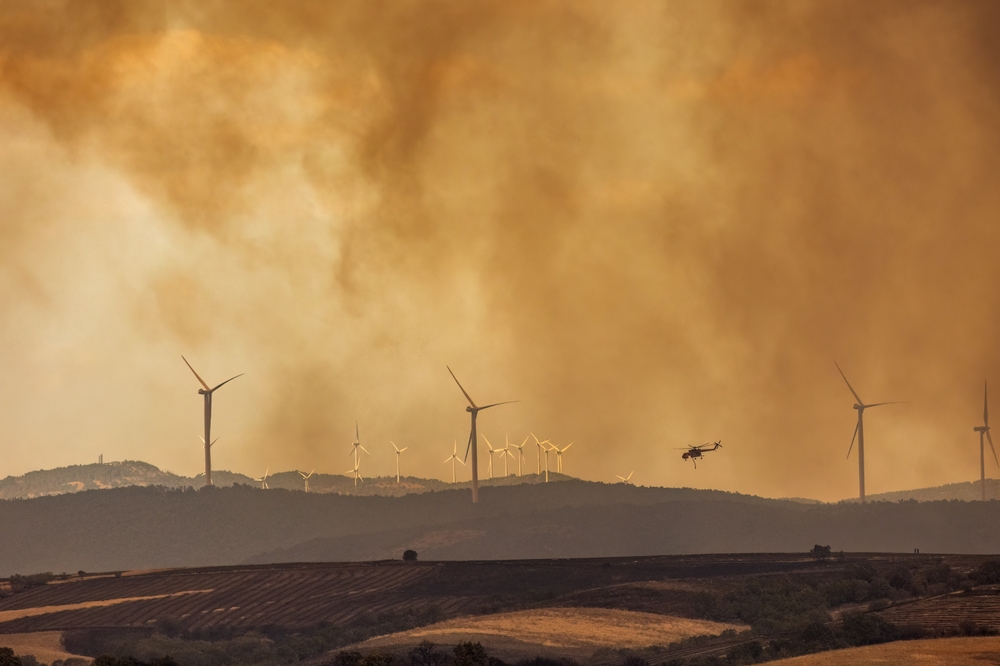Greece responded to the Evros wildfires by addressing climate change and illegal migration as primary causes. However, analyses revealed deficiencies in disaster prevention, while FIRE-RES experts point out the need to invest more in anticipating and managing wildfires in the article “Fires in Greece: if migrants become scapegoats“, part of the Wildfires in Europe investigation.
Four months after the unprecedented Evros wildfires, the Greek government responded to the catastrophe attributing blame to climate change and illegal migration. However, post-fire analyses shifted the focus to a dual challenge: deficiencies in state mechanisms for disaster prevention and management and insufficient evidence to support allegations of intentional arson by migrants. The situation took a dark turn as local individuals were arrested for the kidnapping of 13 illegal migrants during the wildfires.
While prosecutors advocated dropping arson-related charges, the three locals remained in custody awaiting trial. The article “Fires in Greece: if migrants become scapegoats“, authored by Mary Drosopoulos and published on OBCT Osservatorio Balcani e Caucaso, delves into the aftermath of the disaster between divisive narratives, suppression-based approaches to firefighting and the voices of the scientific community.
